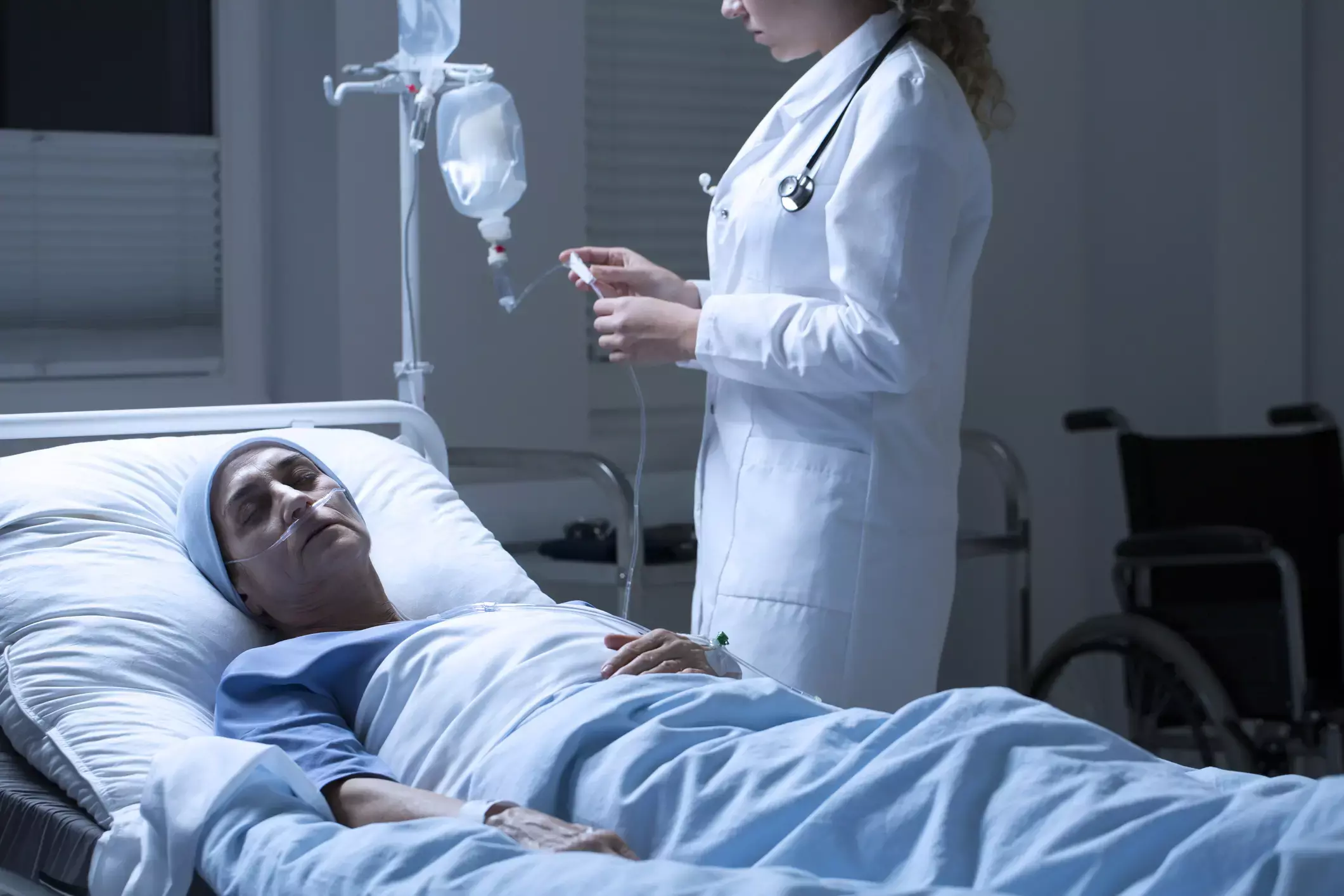- Home
- Medical news & Guidelines
- Anesthesiology
- Cardiology and CTVS
- Critical Care
- Dentistry
- Dermatology
- Diabetes and Endocrinology
- ENT
- Gastroenterology
- Medicine
- Nephrology
- Neurology
- Obstretics-Gynaecology
- Oncology
- Ophthalmology
- Orthopaedics
- Pediatrics-Neonatology
- Psychiatry
- Pulmonology
- Radiology
- Surgery
- Urology
- Laboratory Medicine
- Diet
- Nursing
- Paramedical
- Physiotherapy
- Health news
- Fact Check
- Bone Health Fact Check
- Brain Health Fact Check
- Cancer Related Fact Check
- Child Care Fact Check
- Dental and oral health fact check
- Diabetes and metabolic health fact check
- Diet and Nutrition Fact Check
- Eye and ENT Care Fact Check
- Fitness fact check
- Gut health fact check
- Heart health fact check
- Kidney health fact check
- Medical education fact check
- Men's health fact check
- Respiratory fact check
- Skin and hair care fact check
- Vaccine and Immunization fact check
- Women's health fact check
- AYUSH
- State News
- Andaman and Nicobar Islands
- Andhra Pradesh
- Arunachal Pradesh
- Assam
- Bihar
- Chandigarh
- Chattisgarh
- Dadra and Nagar Haveli
- Daman and Diu
- Delhi
- Goa
- Gujarat
- Haryana
- Himachal Pradesh
- Jammu & Kashmir
- Jharkhand
- Karnataka
- Kerala
- Ladakh
- Lakshadweep
- Madhya Pradesh
- Maharashtra
- Manipur
- Meghalaya
- Mizoram
- Nagaland
- Odisha
- Puducherry
- Punjab
- Rajasthan
- Sikkim
- Tamil Nadu
- Telangana
- Tripura
- Uttar Pradesh
- Uttrakhand
- West Bengal
- Medical Education
- Industry
Chemotherapy in colorectal cancer does not affect depth of anesthesia with propofol: Study

Korea: Preoperative chemotherapy treatment does not affect the effect-site concentration (Ce) of propofol for loss of consciousness (LOC) and loss of verbal contact (LVC) in colorectal cancer patients, show results from a recent study. The study is published in the Korean Journal of Anesthesiology.
In surgical prognosis, the depth of anesthesia plays an important role. The sensitivity to anesthetics is affected by the neurotoxic effect of chemotherapeutic drugs.
In the new study, Seunghee Ki, Departments of Anesthesiology and Pain Medicine, Inje University College of Medicine, Busan, Korea, and colleagues aimed to determine if the effect-site concentration (Ce) of propofol for loss of consciousness (LOC) differs in patients with preoperative chemotherapy treatment.
The study included 60 patients scheduled for colorectal cancer surgery under general anesthesia. The patients were divided into two groups -- those who had chemotherapy were the experimental (C) group, and those without prior history of chemotherapy were the control (N) group.
Propofol was administered as an effect-site target-controlled infusion and the Modified Observer's Assessment of Alertness/Sedation scale (MOAA/S) was evaluated. When the plasma concentration and the Ce became the same if the MOAA/S score did not change, the target Ce was increased by 0.2 μg∙ml-1, otherwise, Ce was maintained for 2 min and then increased.
The study yielded the following findings:
- The values of Ce of propofol for LVC in group C and N were 2.40 ± 0.39 and 2.29 ± 0.39 μg∙ml-1, and for LOC in group C and N were 2.69 ± 0.43 and 2.50 ± 0.36 μg∙ml-1, respectively.
- There was no significant difference in Ce values between the two groups.
Our findings imply that chemotherapy did not affect the Ce of propofol for LVC and LOC in colorectal cancer patients, concluded the authors.
Reference:
Ki S, Cho Y, Choi Y, Lim S, Kim MH, Lee J. Effect of chemotherapy on effect-site concentration of propofol for loss of consciousness in colorectal cancer patients. Korean J Anesthesiol. 2021 Sep 17. doi: 10.4097/kja.21327. Epub ahead of print. PMID: 34551470.
Dr Kamal Kant Kohli-MBBS, DTCD- a chest specialist with more than 30 years of practice and a flair for writing clinical articles, Dr Kamal Kant Kohli joined Medical Dialogues as a Chief Editor of Medical News. Besides writing articles, as an editor, he proofreads and verifies all the medical content published on Medical Dialogues including those coming from journals, studies,medical conferences,guidelines etc. Email: drkohli@medicaldialogues.in. Contact no. 011-43720751


